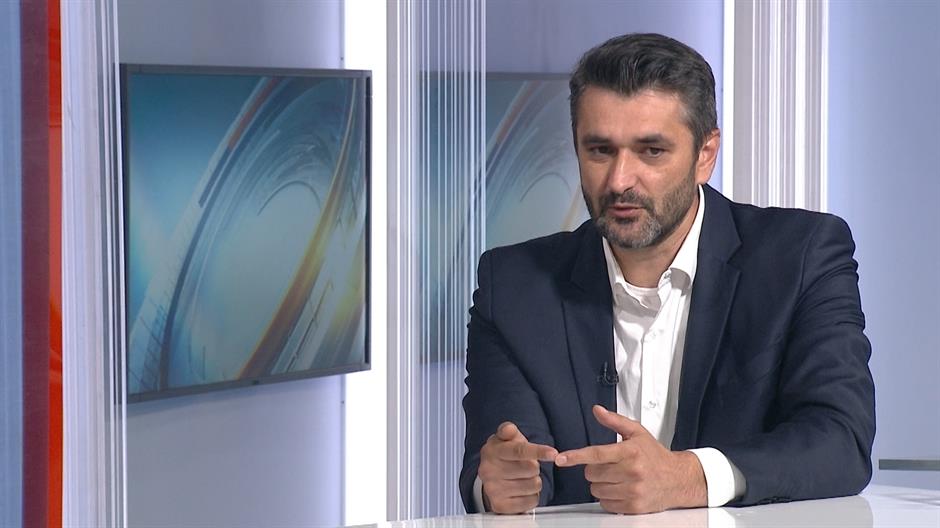Genocide survivor on new NYT article: A warm human story about a war criminal

The recent article published by the New York Times about convicted war criminal Radovan Karadzic, which seems to portray the mastermind of the 1995 Srebrenica genocide as a charming new age healer, is an indicator of “a general ignorance about the Bosnian genocide in the Western World,” the Director of the Srebrenica-Potocari Memorial Centre, Emir Suljagic, told N1 on Saturday.
The article, authored by Jessica Stern, is an excerpt of her upcoming book, "My War Criminal."
“We should wait for the book to see whether this article reflects it,” Suljagic said, adding that he knows Jessica Stern as a child of Holocaust survivors.
“If judged by this article, it could be another piece which could contribute to twisting the context. The article alone is not the only problem, but also the fact that the NYT has within two months published two articles which treat the genocide in Bosnia and Herzegovina,” he said, mentioning an earlier article about controversial Nobel Prize winner Peter Handke, seen as a genocide denier who openly supported late Serbian strongman Slobodan Milosevic.
He sarcastically described the new article as “a warm human story about a war criminal convicted for genocide.”
“(The article) is an indicator for something more: a general ignorance about the Bosnian genocide in the Western World, which is a little bit surprising as a group of journalists from the West was among of the rare allies Bosnia and Herzegovina had during the 1990s,” he said.
He argued that part of the reason for this is that “we have throughout the past 25 years spoken to each other, but not to the rest of the world about what happened and we have not published a lot in English.”
“Our academic elites have created their own narrative which was built up during the 1990s which was made to sell a narrative to the people how the goal of the aggression in Bosnia and Herzegovina was a robbery and not to eliminate a group of people and Bosnia as a state,” he said.
“Those people are still loud among us. The only consolation is that a new generation of authors and researchers, who are prepared to confront this wave of revisionism, has emerged,” he added.
Kakvo je tvoje mišljenje o ovome?
Učestvuj u diskusiji ili pročitaj komentare





 Srbija
Srbija
 Hrvatska
Hrvatska
 Slovenija
Slovenija







